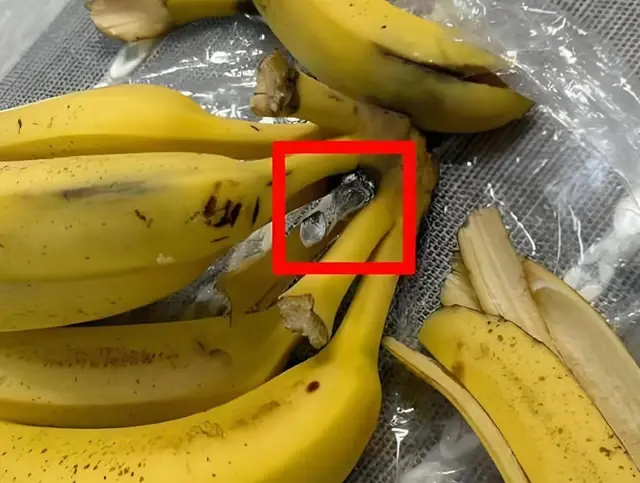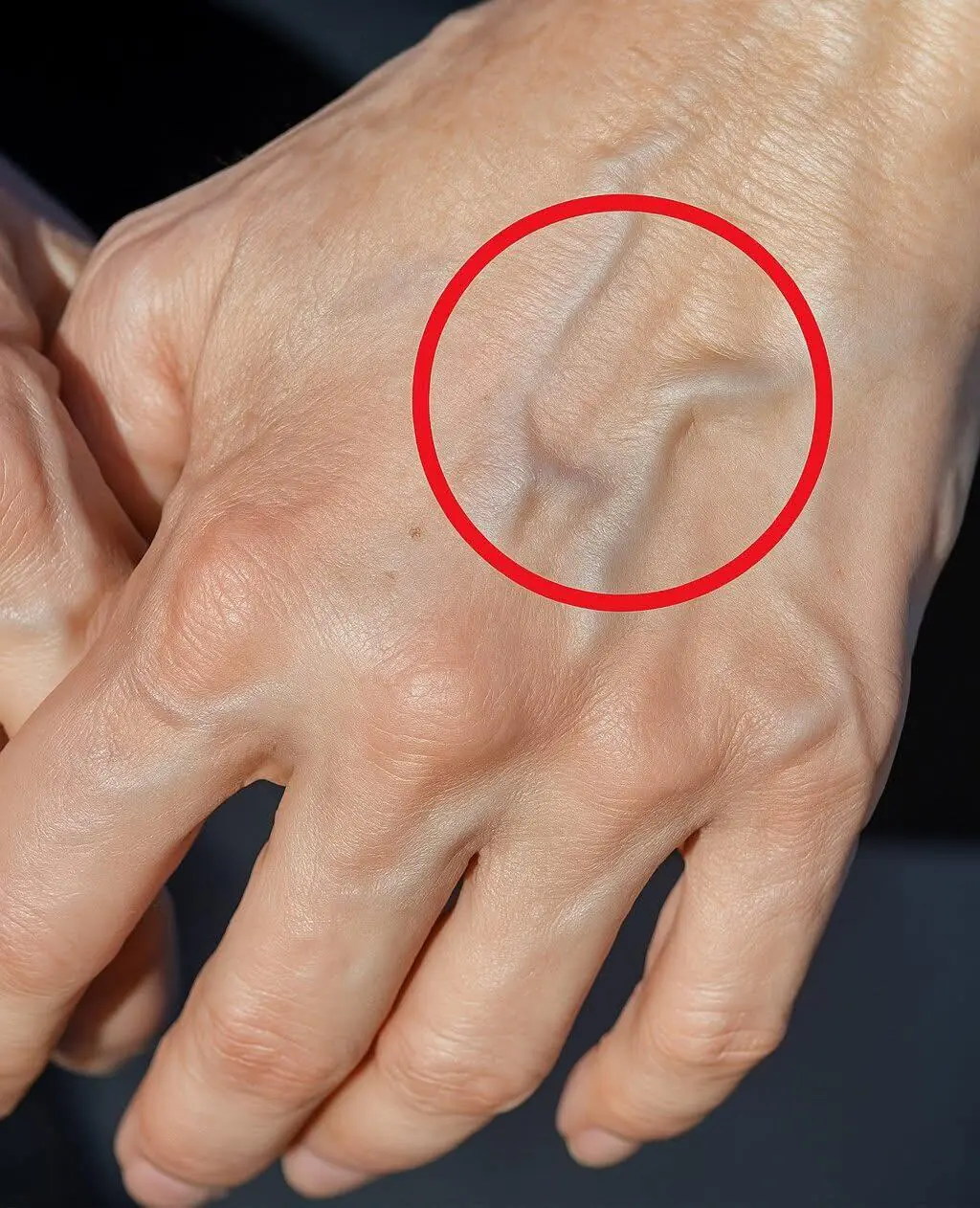
Why Does Fish Often Smell Fishy? The Real Reason Many People Don’t Know
Why Does Fish Often Smell Fishy? The Real Reason Many People Don’t Know
Fish usually has a stronger fishy odor compared to other types of food such as pork or beef. If not prepared properly, this smell can affect the quality of the dish.
Why does fish often smell fishy?
In reality, freshly caught fish usually smells less fishy than fish that has been kept for a while. Fish meat changes over time and develops a fishy odor. The reason is that fish contains trimethylamine NH(CH3) – an amine compound responsible for the typical fishy smell. In freshly caught fish, the amount of this substance is low, so the odor is mild. However, in fish stored for a longer period, trimethylamine levels increase, making the smell more noticeable.
Generally, fish that is cooked immediately after being caught tastes the best, retaining its natural sweetness with little to no fishy odor. For example, in some coastal provinces, locals often prepare a “fishing boat soup” by cleaning freshly caught fish and dropping it straight into boiling water. With this method, the fish doesn’t require elaborate preparation or extensive odor removal, yet the soup remains free of fishiness.
On the other hand, if you buy pre-processed fish or frozen fish, home cooks often need to use ingredients like vinegar, lemon, ginger, salt, or rice wine to reduce the smell. Sometimes, even after thorough preparation, the fish may still smell – often because it isn’t fresh.
Tips to Cook Fish Without the Fishy Smell
1. Clean the fish properly
Remove fins, scales, guts, and gills. Wash away the blood inside the belly and scrape off the dark membrane, as these are major sources of odor. Then, you can soak and rinse the fish with coarse salt, rice water, vinegar, lemon juice, or ginger wine.
2. Use boiling water for cooking
When cooking fish dishes, always use hot water. If you add cold water, the dish often turns out fishy.
Hot water makes the fish skin firm quickly, preventing amino acids from dissolving into the broth, thus reducing odor.
Also, leave the pot uncovered while cooking so that the fishy-smelling amines can evaporate with the steam. If you need to add more water, always use boiling water.
3. Neutralize odor with sour ingredients
Use sour ingredients like starfruit, tamarind, fermented rice, tomatoes, pineapple, vinegar, or pickled fruits to reduce fishiness. These contain organic acids that neutralize the alkalinity of trimethylamine.
4. Remove odor with cooking wine
Adding cooking wine or white rice wine when preparing fish helps dissolve and eliminate trimethylamine.
5. Add aromatic herbs and spices
Aromatic herbs are essential in many fish dishes. Common ones include green onions, dill, Vietnamese coriander, cilantro, and rice paddy herb. Spices like ginger, garlic, chili, and pepper also enhance flavor and mask odors.
The most important factor in cooking fish is choosing fresh ingredients. The fresher the fish, the less fishy it smells. Fish that has been stored too long after being caught will undergo chemical changes that intensify the odor.
News in the same category


When buying watermelon, don't choose a big one.

99% of people will throw away these 6 fruit peels when eating, but will regret it when they know their benefits

Struggling with garlic or onion smell on your hands? Try this simple trick—1 minute and it’s gone!

Tightly Wrapped or Loose Cabbage – Which Tastes Better?

Waking Up Between 3 And 5 AM Could Indicate a Spiritual Awakening

Mix White Sugar with Laundry Detergent Around the House

Today I discovered 3 super easy garlic storage hacks

Tips for using air conditioning without worry

When buying bananas, if you see these 4 types, walk away immediately without hesitation!

This One Superfood Could Tackle Major Health Issues—Here’s What You Need To Know

Why do women cross their legs when sitting?

Soak Pomegranate Peel in White Vinegar – A Simple Trick That Solves Countless Household Problems

Cabbage Is Nutritious but Harmful for These 5 Groups of People

Frying Anything Without Sticking: Just Add This Liquid to the Pan

Eliminate Refrigerator Odors with Just Two Common, Cheap Items

This One Superfood Could Tackle Major Health Issues—Here’s What You Need To Know

Male contraceptive pill appears to be safe without side effects in early trials

The Volume Buttons on Your iPhone Have Countless Hidden Features
News Post

If Veins Suddenly Pop Out on Your Hands

All The Things You Need to Know About Nighttime Urination And When To Start Worrying

Don’t Throw Out Old Dish Sponges

When buying watermelon, don't choose a big one.

If You See Pork with These 4 Signs at the Market, Don’t Buy It No Matter How Cheap

Ever noticed a greenish ring around an egg yolk? The explanation might surprise you...

Umbilical Hernia: Causes, Symptoms and Treatment

What happens if the gastric balloon bur.sts?

99% of people will throw away these 6 fruit peels when eating, but will regret it when they know their benefits

Top 2 types of seafood at the top of the list of microplastic contamination, but people still eat them every day

Gassier at Night? Here’s Why (and What To Do About It)

What is myasthenia gravis and what are its symptoms?

Eating chicken eggs is harmful to these 5 groups of people

WARNING: These 3 signs on the shoulder are signs of malig:nant tum:ors, even can:cer, do not ignore them

4 Vegetables Easily “Treated” with Chemicals

The Part of the Pig Often Dismissed as “Dirty” and Thrown Away: Turns Out It’s a “Miracle Food” with 10 Times More Iron Than Meat

An 8-Year-Old Girl Complained of “Sto.mach Pain” Every Friday Afternoon

Eating Eggs Can Be Harmful for These 5 Groups of People: Better Stay Away!
